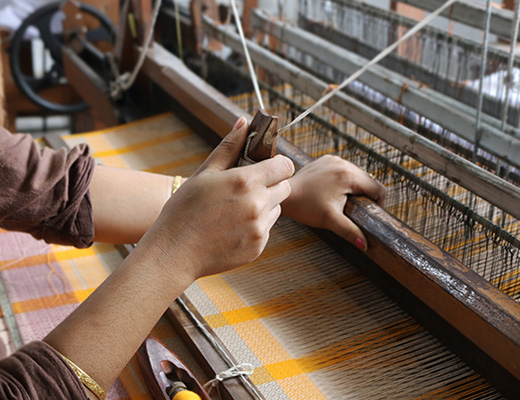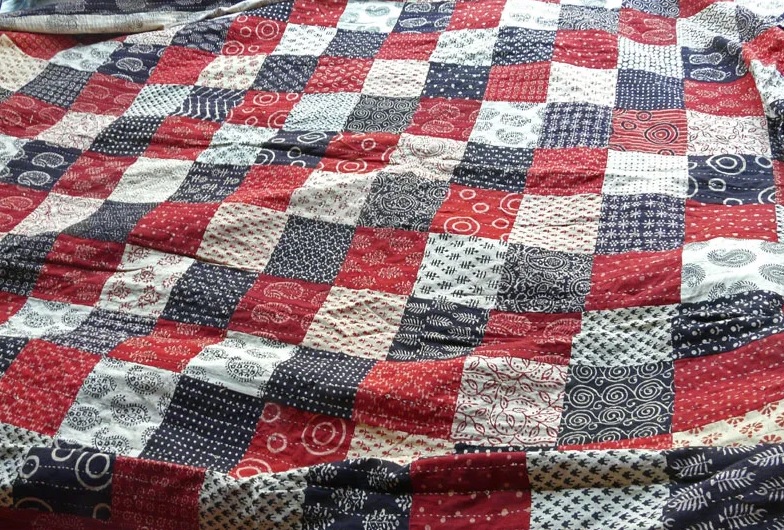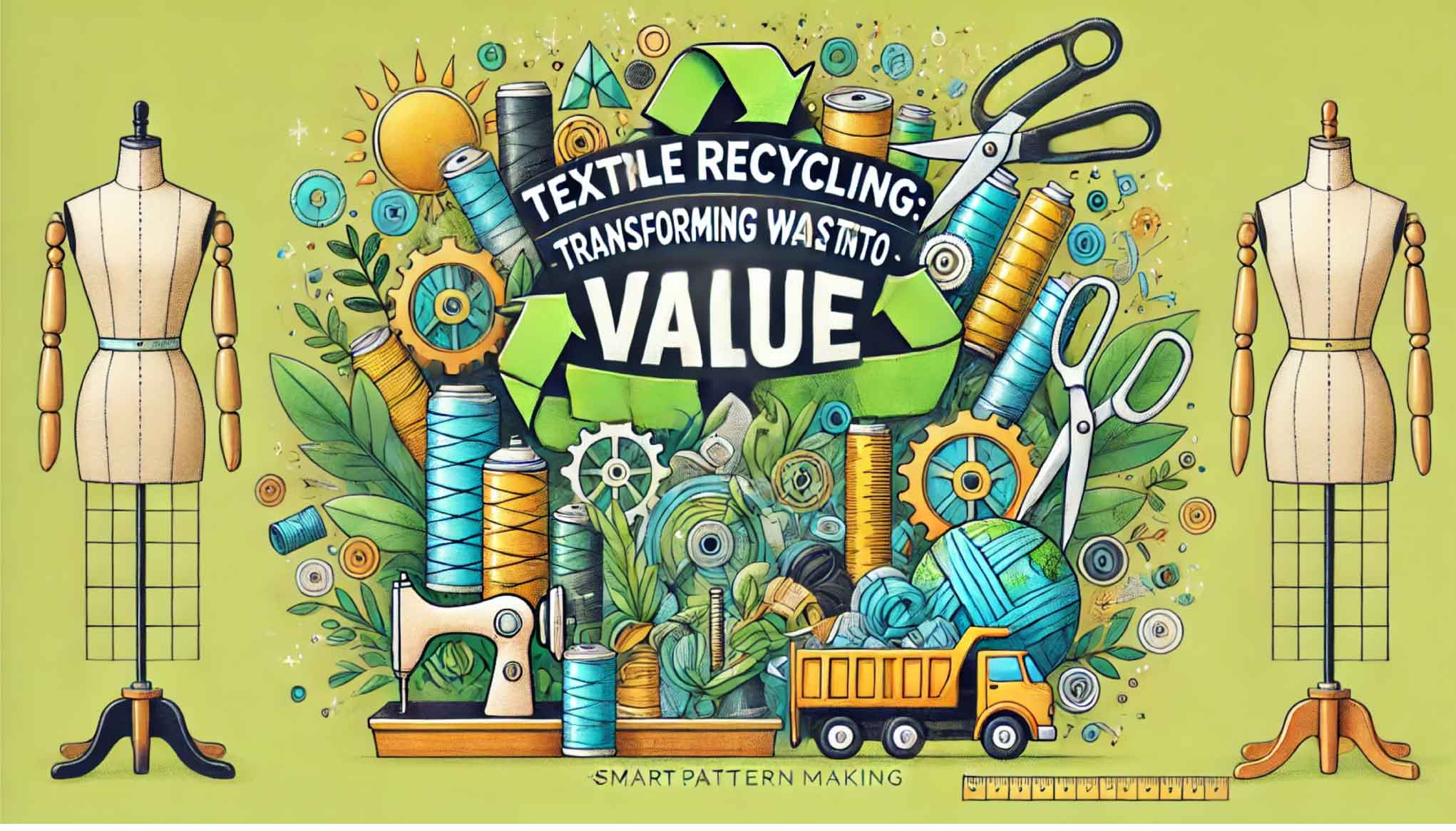According to a recent study conducted by Better Work Jordan (BWJ), Jordan's garment, textile, and leather (GTL) industry demonstrates a notably high domestic value added (DVA) as a proportion of production output when compared to many other low and middle-income nations that possess significant export-oriented garment and textile sectors. Published on July 31, the study titled "Economic Impact of Jordan's Garment, Textile and Leather Industry" was a collaborative effort between Better Work Jordan and the Jordan Chamber of Industry (JCI).
This research initiative is part of the BWJ program, established through a partnership between the International Labour Organisation (ILO) and the International Finance Corporation (IFC).
The primary aim of this program is to enhance working conditions and enhance the competitive edge of Jordan's garment industry. The study's findings reveal that in 2018, the domestic value added (DVA) of Jordan's GTL industry stood at an impressive 41.7 percent.
This statistic, based on the latest available data, surpasses the DVA figures of most other low and middle-income countries that possess significant export-oriented garment and textile sectors. Moreover, Jordan's GTL industry outperforms the DVA of other manufacturing sectors within the country.
Additionally, the study underscores the substantial role played by the GTL industry in Jordan's labor market. In 2018, the industry provided direct employment to 140,000 individuals and indirectly contributed to the creation of an additional 12,400 jobs.
This indicates that for every seven individuals directly employed within the garment industry, roughly one more job is generated indirectly through the sector. The study concludes on a promising note, emphasizing the considerable growth potential of Jordan's GTL industry in the years ahead.
As a current significant contributor to the Jordanian economy, the industry has the capacity to further expand its role by generating more employment opportunities and elevating export figures.











